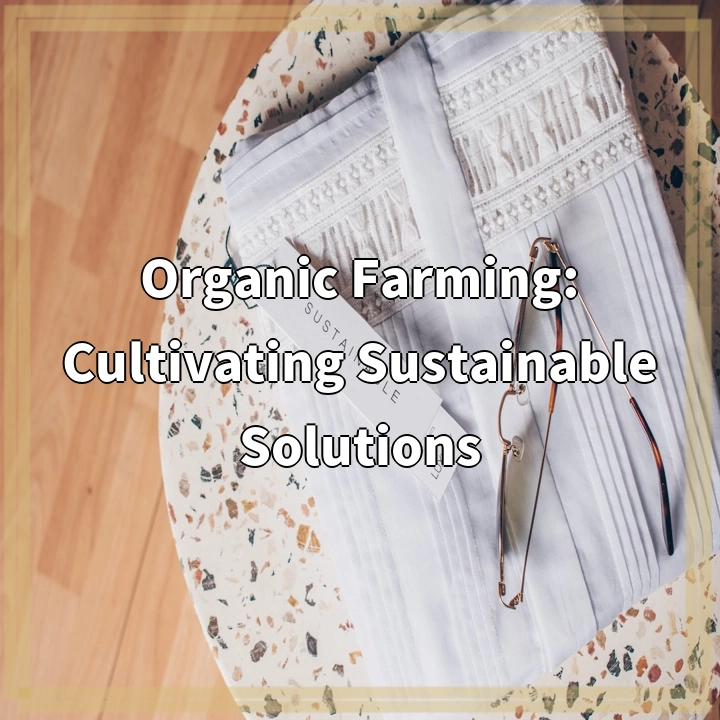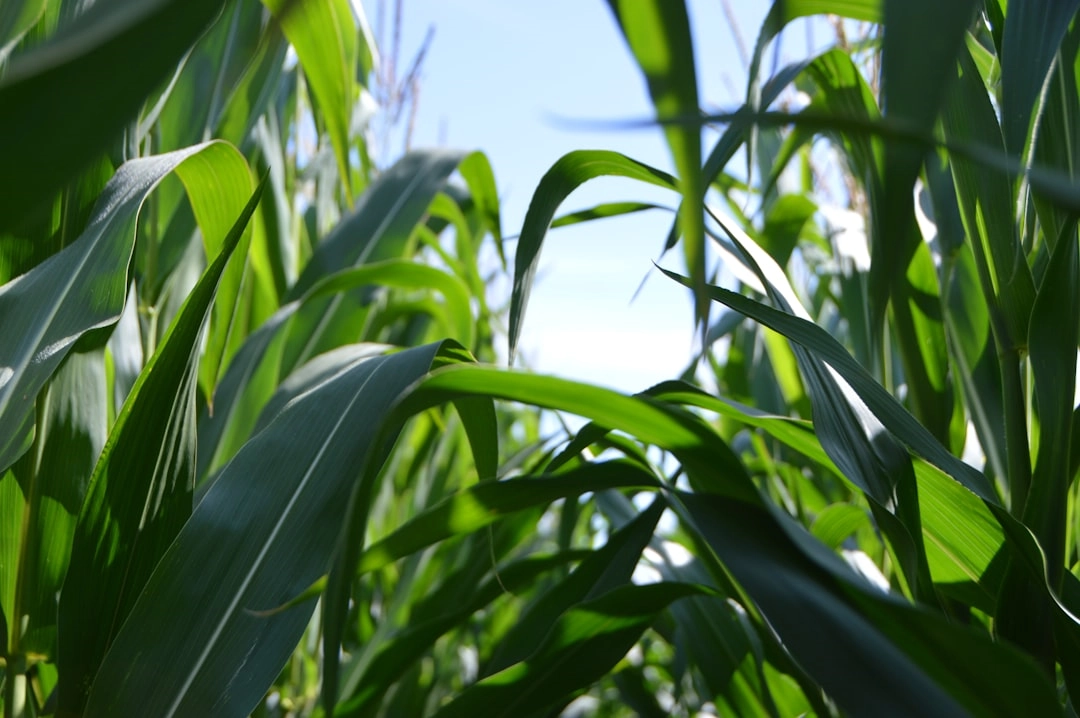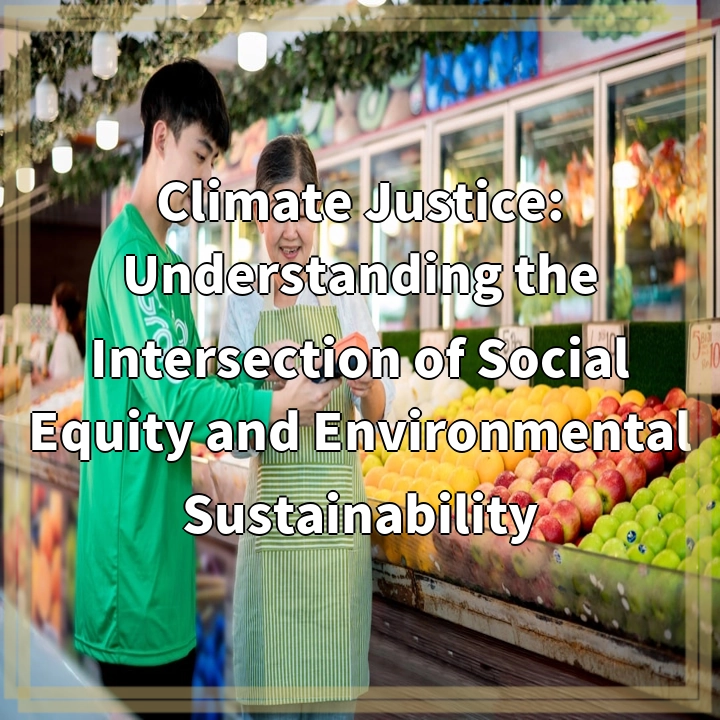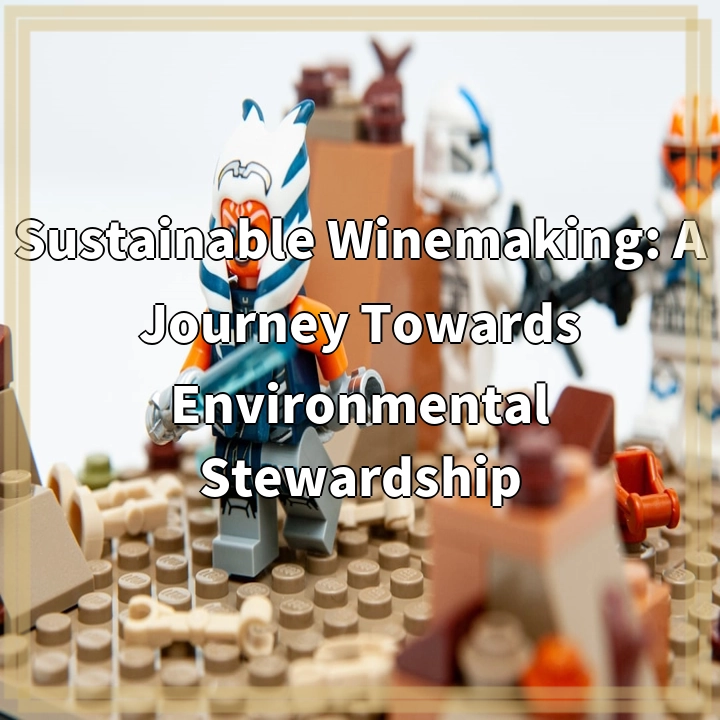
What is Organic Farming?
Organic farming is an agricultural practice that emphasizes the use of natural and environmentally-friendly methods to cultivate crops and raise livestock. It veers away from conventional farming practices that rely on synthetic pesticides, fertilizers, and genetically modified organisms (GMOs). Instead, organic farmers focus on enhancing soil fertility, biodiversity, and overall ecosystem health.
Exploring the Topic
Organic farming has gained significant attention in recent years due to its numerous benefits for both the environment and human health. However, like any other agricultural practice, it also faces certain challenges and real-world problems that need to be addressed in order to optimize its effectiveness.
1. Pest and Disease Management
One of the key challenges in organic farming is managing pests and diseases without resorting to synthetic chemical interventions. Since organic farmers do not use chemical pesticides, they rely on natural methods like crop rotation, biological controls, and companion planting to prevent and manage pests and diseases. While these methods can be effective, they may require more time and effort compared to conventional methods.
2. Weed Control
Weed management is another significant challenge in organic farming. In the absence of synthetic herbicides, organic farmers use cultural and mechanical practices such as hand weeding and mulching to control weeds. However, these methods can be labor-intensive and time-consuming, especially in large-scale farming operations.
3. Limited Access to Markets
The organic farming market continues to grow, but organic farmers still face challenges in accessing markets and ensuring fair prices for their produce. The certification process can be expensive and time-consuming, making it difficult for small-scale farmers to become certified organic. Additionally, competition from large-scale industrial agriculture can sometimes make it challenging for organic farmers to secure market share and maintain profitability.
4. Scaling Up Organic Production
As global demand for organic products increases, there is a need to scale up organic production. However, this process can be complex and presents its own set of challenges. Organic farming typically requires more land and labor compared to conventional farming methods. Transitioning from conventional to organic practices can also be a time-consuming process, requiring changes in crop rotation, fertility management, and pest control strategies.
Case Studies or Examples
Despite these challenges, organic farming has demonstrated impressive success in various contexts. For example, the Rodale Institute, a research organization, has been conducting a long-term comparison of organic and conventional farming systems. Their research consistently shows that organic methods can be just as productive, if not more, than conventional methods while also improving soil health and reducing chemical inputs.
Additionally, many farmers around the world have successfully embraced organic farming methods and have experienced increased profitability and sustainability. For instance, Bhaskar Save, an Indian farmer, adopted organic practices and transformed his once degraded farmland into a flourishing organic farm, proving that organic farming can be a viable solution even in challenging environments.
In conclusion, organic farming presents a sustainable solution to the environmental and health problems associated with conventional agriculture. While it does face certain challenges, ongoing research and the success of organic farmers demonstrate the potential for scalable organic farming systems that can benefit both the planet and our well-being.

Solutions for Organic Farming Challenges
1. Integrated Pest Management
Organic farmers can implement integrated pest management strategies that combine various natural pest control methods, such as crop rotation, biological controls, and companion planting. This approach helps manage pests and diseases effectively while reducing reliance on synthetic pesticides.
2. Innovations in Weed Management
Ongoing research and technological advancements have led to the development of more efficient weed management techniques in organic farming. Farmers can use innovative tools like precision cultivation, flame weeding, and advanced mulching techniques to control weeds more effectively and reduce labor-intensive practices.
3. Strengthening Organic Market Access
Efforts to improve market access for organic farmers include reducing certification costs, creating direct marketing channels, fostering collaboration between farmers and retailers, and raising consumer awareness about the benefits of organic products. These initiatives can help create fairer and more widespread market opportunities for organic farmers.
4. Support for Transitioning to Organic Farming
Government agencies, non-profit organizations, and agricultural extension services can provide resources, financial support, and technical assistance to farmers seeking to transition from conventional to organic farming. Offering incentives and facilitating the transition process can encourage more farmers to adopt organic practices.
In implementing these solutions, organic farming can become more resilient, productive, and economically viable, allowing for a wider adoption of sustainable agricultural practices and a healthier food system for both the environment and consumers.















